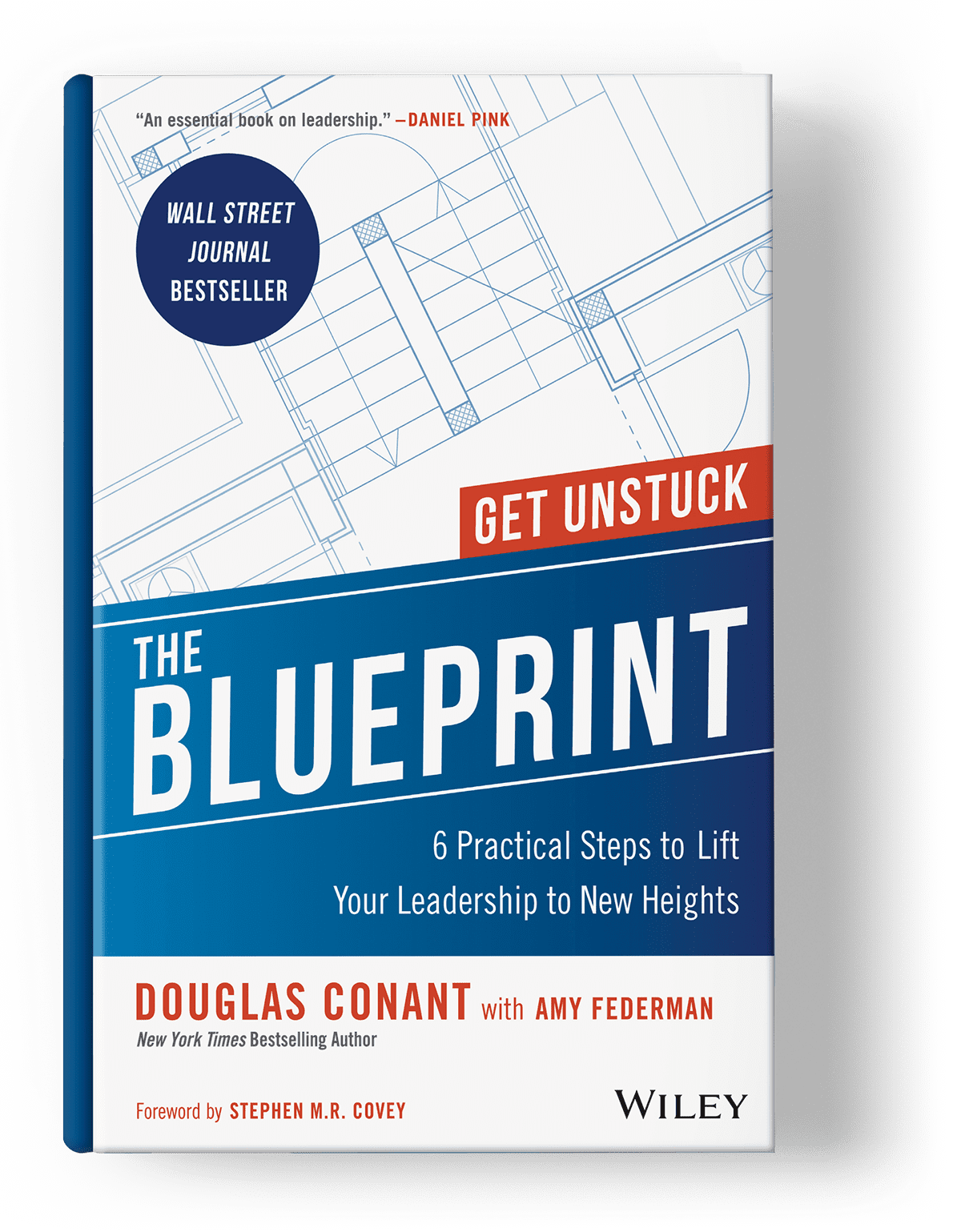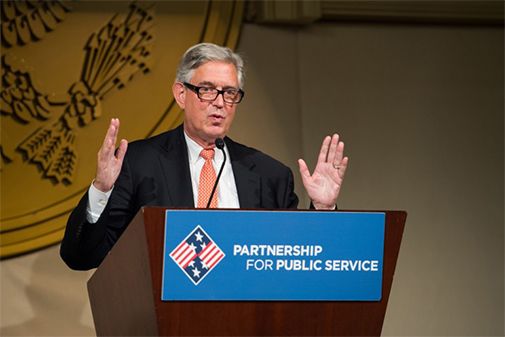More Leadership Lessons from My Life-Threatening Car Crash
Recently, I shared the harrowing story of my near-fatal car accident in 2009 and the uplifting message about leadership that the experience reinforced for me. As I talk about in my recent post, the team of doctors who put me back together again after my torso was crushed and my internal organs were severely damaged, approached me with a willingness to help that inspired me and supported some weighty, but positive leadership truths. Namely, that life is short and, as leaders, we ought to reflect on what type of legacy we want to leave. And also, that the best leaders in any organization – including the hospitals where I received my life-saving care — are often the most devoted; they’re committed to exacting standards and high performance, but also to leaving a legacy of kindness and contribution. You can read the full account here.
The best leaders have a fighting spirit.
But as I reflected further on the experience, there were more leadership lessons gleaned that also warrant attention. Yes, as I emphasize in my recent blog, leaders must approach their job with humility, kindness, and a spirit of “How can I help?” The best leaders are dutiful helpers and doers. But they’ve also got to be highly skilled. And, they’ve got to have a fighting spirit – a will to prevail no matter the odds, no matter the challenge. I was lucky. When my accident put me in intensive care at the Helene Fuld Trauma Center in Trenton, New Jersey – and later in the Hospital of the University of Pennsylvania in Philadelphia, PA — I just happened to end up in two facilities where I received world-class care from highly competent professionals with fierce resolve. It may not have been that way. Had I gotten into an accident elsewhere, if the medical care was not top-notch, no amount of kindness or attentiveness would have saved me. Without people who were tireless in their pursuit of excellence, and at the top of their game, I would not be here to share this story with you.
Months after I was released from the hospital, I was so grateful for the quality of care I had received, that I was moved to return to Trenton to thank my team of nurses and doctors with a small recognition event. I arranged a visit with them to honor them for their extraordinary dedication to their craft, their deep competence, their resolve to get results, and the intensity they brought to my recovery. It was an upbeat day complete with cake and merriment where we gathered together to toast their medical mastery. They deserved the fanfare. Sure, I had fought like hell to make it through to the other side after my accident. But they had fought just as hard, if not harder, leveraging their expertise and grit to make sure my life was protected. The event was lighthearted and celebratory in tone, but we were really honoring something very serious: their fortitude and their champion’s approach to getting the job done – no matter what. The stakes had been so very high. And they had performed brilliantly when it mattered most.
This day, on which we toasted their exemplary work, reinforced a couple more differentiating factors about leadership to me. One is that leaders, just like the doctors, surgeons, and nurses who treated me, must be highly skilled, and bring an acute focus and ferocity to their work — a vigorous spirit of do-or-die that anchors everything they do in a winner’s attitude. And second, leaders must be prepared to see things through and never, ever back down from a challenge.
When you’re going through hell, keep going.
Frankly, if you don’t approach your leadership journey with the necessary fervor for performance and achievement, if you don’t have the resolve to follow through and fight tooth-and-nail for the desired results as my doctors and surgeons did, well – the outcome could be just as grave for you as it would have been for my life that day. Your leadership will be dead-on-arrival. So I urge leaders to pursue a commitment to excellence, to tackle every challenge with passion and zeal, and to conjure every ounce of grit they can muster in the face of adversity. As I’ve seen firsthand in my over 40 years of leadership experience, practice, and study — it’s the only way to really compete. It’s the only way to get meaningful things done. To truly survive and thrive in a fiercely complex world, be like the caretakers who saved my life. Always be your ferocious best, when you’re going through hell, keep going — and energetically pursue a world-class mastery of your craft.

“Doug Conant is remarkable—and so is this work.“
– Stephen M. R. Covey
Author of The Speed of Trust

The Blueprint
6 Practical Steps to Lift Your Leadership to New Heights
By Douglas Conant with Amy Federman

Have Doug Speak at Your Event
Doug works collaboratively with event organizers to customize his material for each audience.




0 Comments